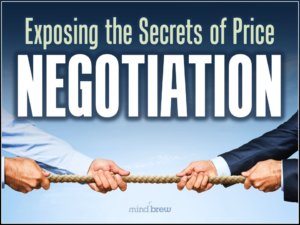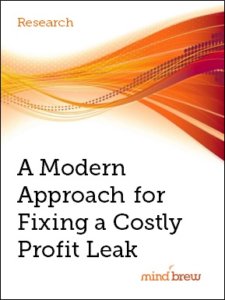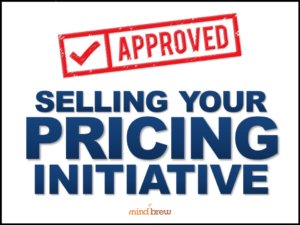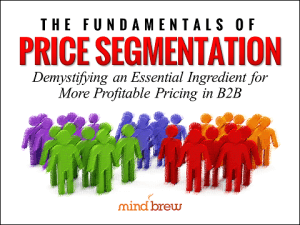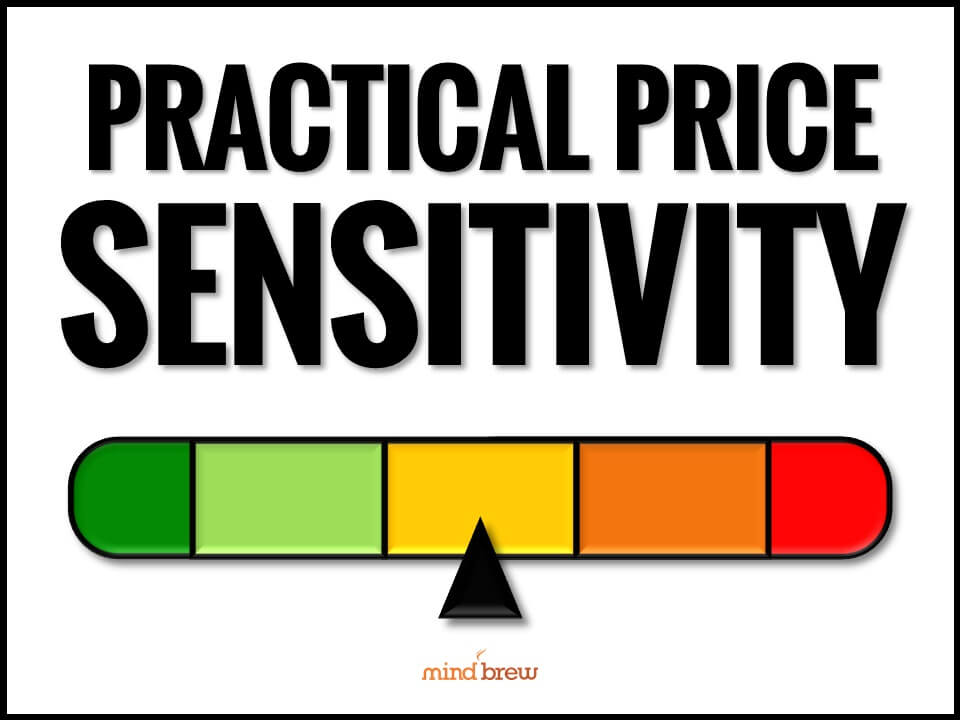As a human living in the 21st century, you almost certainly have a least one four-digit PIN number for something. In fact, you probably have dozens for your ATM card, your phone, your credit cards, your bike lock, various store accounts, maybe your laptop and your front door.
In theory, a PIN is a pretty good security device. After all, there are 10,000 possibilities in a four-digit code. Trying all the possible combinations would take so long that no criminal should want to even try.
In practice, though, people don’t use all the possibilities when selecting their PINs. In fact, people who have analyzed data breach information found that just 20 numbers account for 27% or all PINs. So if you can’t remember the PIN you chose for your library card, you might want to try one of these:
1234 0000 7777 2000 2222
9999 5555 1122 8888 2001
1111 1212 1004 4444 6969
3333 6666 1313 4321 1010
And if none of those work, the other popular options are birth dates, birth years, and repeated combinations of numbers.
This phenomenon reminds us of another situation where human psychology leads to a big discrepancy between theory and practice. Most people believe that B2B purchases are highly rational and well thought-out — especially in comparison to consumer purchases.
But the research shows otherwise.
Business buyers are subject to exactly the same cognitive biases as people making customer purchases. For example, the scarcity effect leads us to value products more if we perceive that the supply is limited. The bandwagon effect makes people want to buy something if it looks like a lot of other people are buying it. And the sunk-cost fallacy persuades us to throw good money after bad.
In the same way that knowing psychology makes it easier to guess someone’s PIN number, psychology can also help us predict how people will behave when it comes to purchasing decisions. Understanding how those decisions are made can give pricing and the sales team the ability to predict how customers will respond and plan accordingly.
We examine some of these psychological principles in a pair of webinars:
- Pricing Psychology in B2B delves into techniques for altering the perceived value of your products. It outline seven proven ways to leverage pricing psychology in your pricing structure, as well as five behavioral psychology that can help you price more effectively.
- Exposing The Secrets of Price Negotiation looks at how buyers might try to use psychological tricks against you and your sales team. It explains how to develop a training program and a pricing strategy that give your sales team what they need to combat these techniques.
As much as we might like to think that we’re all perfectly rational beings, science — and human experience — teaches us otherwise. The more you understand about how human brains work, the better you’ll be at crafting successful pricing strategies.
P.S. If you’d like to know which PIN numbers are used the least often, here they are:
8557 8438 9539 7063 6827
0859 6793 0738 6835 8093
9047 0439 8196 6093 7394
9480 8398 7637 9629 8068


